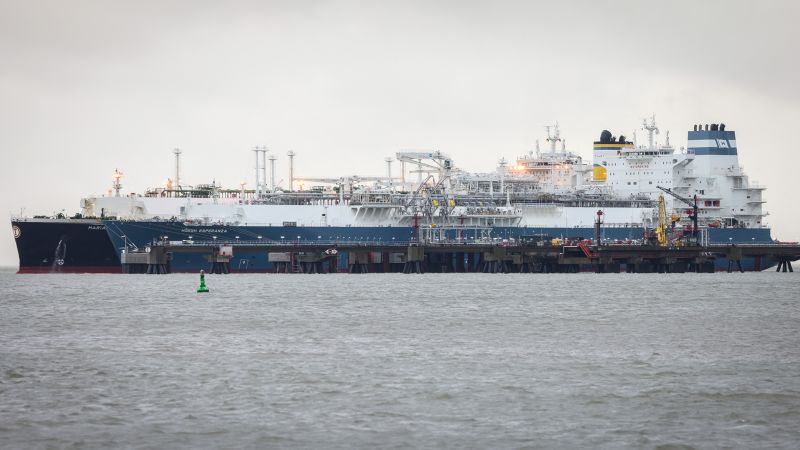World
Pagers in deadly attack on Hezbollah ‘made in Europe’, as Middle East braces for reprisals

The Taiwanese manufacturer linked to pagers that exploded as part of a deadly and unprecedented attack in Lebanon against Hezbollah has said the devices were made by a company in Europe, as the militant group blamed Israel and vowed revenge attacks.
Potentially thousands of pagers were remotely and simultaneously detonated across Lebanon, killing at least nine people and wounding almost 3,000 on Tuesday. Lebanon’s health minister, Firass Abiad, said a young girl was among the dead, and that more than 200 people had critical injuries.
Hezbollah accused Israel of being behind the blasts and said it would receive “its fair punishment”, and that it was carrying out a “security and scientific investigation” into the causes of the blasts. Lebanese information minister Ziad Makary condemned the attack as an “Israeli aggression”. The Israeli military has not commented directly on the blasts but said senior commanders had held a situational assessment “focusing on readiness in both offence and defence in all arenas”.
Images of the pagers emerged in the aftermath with stickers on the back appearing consistent with pagers made by Taiwanese company Gold Apollo, according to analysis by Reuters.
On Wednesday, the company’s founder Hsu Ching-Kuang, denied it had made the pagers, saying they were manufactured by a company in Europe that had the right to use its brand. “The product was not ours. It was only that it had our brand on it,’ he said. “We are a responsible company. This is very embarrassing,” he said.
The blasts appeared to exploit the low-tech pagers that Hezbollah has adopted in order to prevent the targeted assassinations of its members, who could be tracked by mobile phone signals. Those wounded in the attack include Iran’s ambassador to Beirut, Mojtaba Amani, according to reports.
A Hezbollah source said they believed the attack was in response to an alleged assassination attempt by the Shia militia on a former top Israeli defence official, revealed on Tuesday by the Israeli Shin Bet security agency.
Hospitals across Lebanon were overwhelmed with an influx of patients, and a field hospital was set up in the southern city of Tyre to accommodate the wounded. The sound of ambulance sirens was constant in Lebanon’s capital city more than three hours after the initial attack.
It comes as US officials try to de-escalate tensions between the two sides and remain concerned that Israeli prime minister, Benjamin Netanyahu, could order a ground invasion of Lebanon. The attack came just hours after Israel announced it was broadening its aims in the war sparked by the Hamas attacks on 7 October to include its fight against Hezbollah along the border with Lebanon.
Hezbollah confirmed in an earlier statement that the deaths included at least two of its fighters and a young girl. Later media reports said the son of the Hezbollah MP Ali Ammar also died in the explosions.
The pagers exploded in southern Lebanon, the southern suburbs of Beirut known as Dahiyeh and the eastern Bekaa Valley – all Hezbollah strongholds.
One Hezbollah official, speaking on condition of anonymity, said the detonation was the group’s “biggest security breach” since the Gaza conflict erupted on 7 October, when Hamas launched attacks in southern Israel, killing 1,200 people and taking about 250 people hostage.
Jonathan Panikoff, the US government’s former deputy national intelligence officer on the Middle East, said: “This would easily be the biggest counterintelligence failure that Hezbollah has had in decades.”
The apparent sabotage attack follows months of targeted assassinations by Israel against senior Hezbollah leaders and has ratcheted up tensions between Israel and Hezbollah. An uneasy calm had prevailed in the past three weeks when both parties had appeared to step back from the brink of a regional war after a limited Hezbollah response in late August to Israel’s assassination of its top military commander, Fuad Shukur, in Beirut.
The attack also threatens to derail efforts by the US to prevent Iran, which backs the Lebanese Shia militia, from retaliating against Israel for the July bombing in Tehran that killed the Hamas political leader Ismail Haniyeh.
The US state department spokesperson, Matthew Miller, said it was “too early to say” how it would affect Gaza ceasefire talks. He told a briefing the US was not involved and did not know who was responsible.
Hamas described the attack as an “escalation” that would lead to Israel’s defeat.
Reuters contributed to this report










